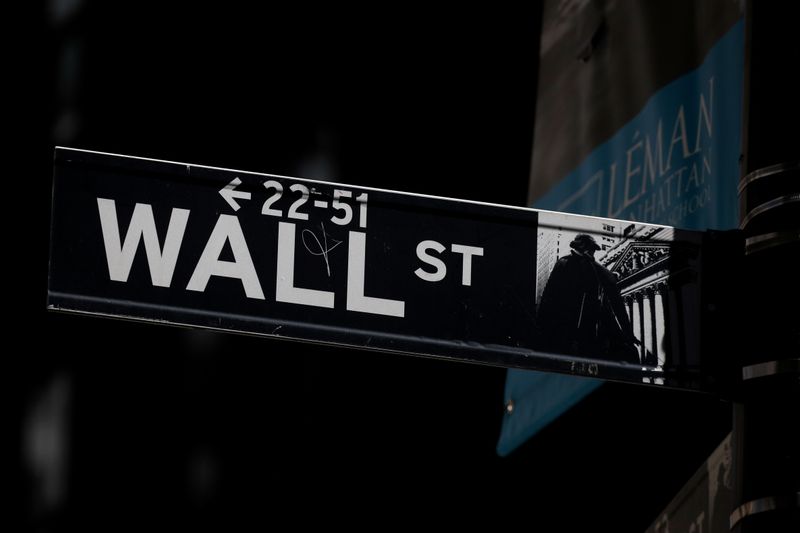By John McCrank
NEW YORK (Reuters) - The stock market rout last week over fears the coronavirus could trigger a recession was the worst since the 2008 financial crisis, but market experts said on Monday trade was mostly orderly thanks to a robust market infrastructure.
The S&P 500 (SPX) tumbled 11.5% last week before staging a partial rebound on Monday on hopes central banks will seek to ease the economic impact of the epidemic through rate cuts.
On Friday alone the market turned over 19.35 billion shares, the second highest amount on record behind 19.76 billion on Oct. 10, 2008, said Larry Tabb, founder of research and consultancy firm Tabb Group. In terms of value, just under $1 trillion traded hands, a record total for a single day, he said.
Despite the volatility, buyers and sellers had a relatively easy time connecting, Tabb said.
"I'm not sure you can argue that many people felt prices were reasonable, but generally, things went smoothly," he said.
On the retail side, TD Ameritrade said trading volume last week by its 11 million clients was 1.5 times higher than earlier in February, with above-normal activity registered on both the buying and selling sides.
"People may not have liked what happened, but the way in which it happened was actually pretty impressive," said JJ Kinahan, chief market strategist at the online brokerage.
The U.S. markets are highly automated, with millions of messages processed each second, and much of last week's move was likely computer-driven, led by professional traders, said Ben Carlson, director of institutional asset management at Ritholtz Wealth Management.
He said he did not notice any major flash crash-type price spikes or major discrepancies between exchange-traded fund prices and the prices of their underlying constituents.
Kinahan noted two instances of possible panic selling at the market close on Thursday or Friday, but those may have been due in part to large derivatives positions being unwound.
TMX Group (TO:X), Canada's largest exchange operator, shut down its venues two hours earlier than normal on Friday due to capacity issues.
And Robinhood, the free trading app popular with young investors, experienced a system-wide outage on Monday as stock prices rebounded, according to CNBC.
Markets should expect to see more sharp selling if the coronavirus spreads in New York but markets would likely continue to function even if the floor of the New York Stock Exchange had to close.
One case of the virus has been confirmed in New York, of a health care worker who was traveling in Iran.

"Volatility doesn't just die after things like this," said Kinahan. "It takes a while to work through the system."